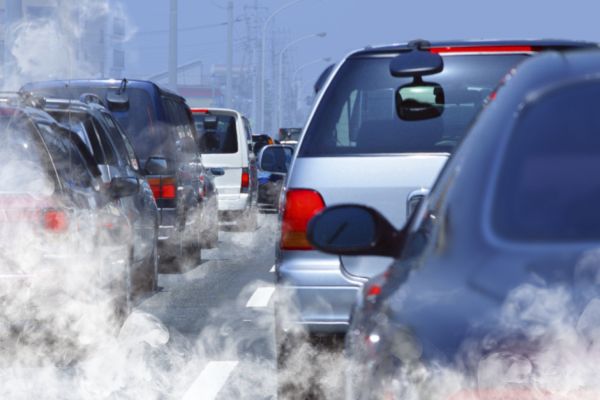Biofuels: ethical issues
Report
Published 12/04/2011

Biofuels should contribute to a net reduction of total greenhouse gas emissions and not exacerbate global climate change.
Biofuels targets may offer incentives for countries that do not have climate change mitigation policies to increase their production levels, leading to increased greenhouse gas emissions.
The Renewable Energy Directive states that greenhouse gas emissions savings are required from all biofuels supplied within the EU. However, controls need to be strengthened to ensure that all biofuels imported into Europe offer greenhouse gas emissions savings throughout their whole production lifecycle, from ‘field-to-tank’.
Life cycle assessment of biofuels takes into account the greenhouse gas emissions associated with:
- changes to the land used to grow biofuels
- resources needed for growing biofuels crops e.g. soil cultivation, fertiliser, water supply and harvesting
- processing requirements e.g. the extraction of sugars and oils from the crops
- transport e.g. of the crops and of the biofuel itself to the place where it will be used.
There has been controversy over the extent to which biofuels production causes indirect land use change and its associated greenhouse gas emissions. Burning forests, cutting down trees and clearing areas of rich greenery contribute to higher levels of greenhouse gases in the atmosphere, but biofuels production is just one of many activities damaging land.
We conclude
A single international standard for assessing greenhouse gas emissions across the life cycle of biofuels should be used by the European Commission and the UK Government.
Policies on land use change should be set within a global, co-ordinated response to climate change, with strong international and local measures to prevent destruction of high carbon stocks such as rainforests, wetlands and peatlands.

Share